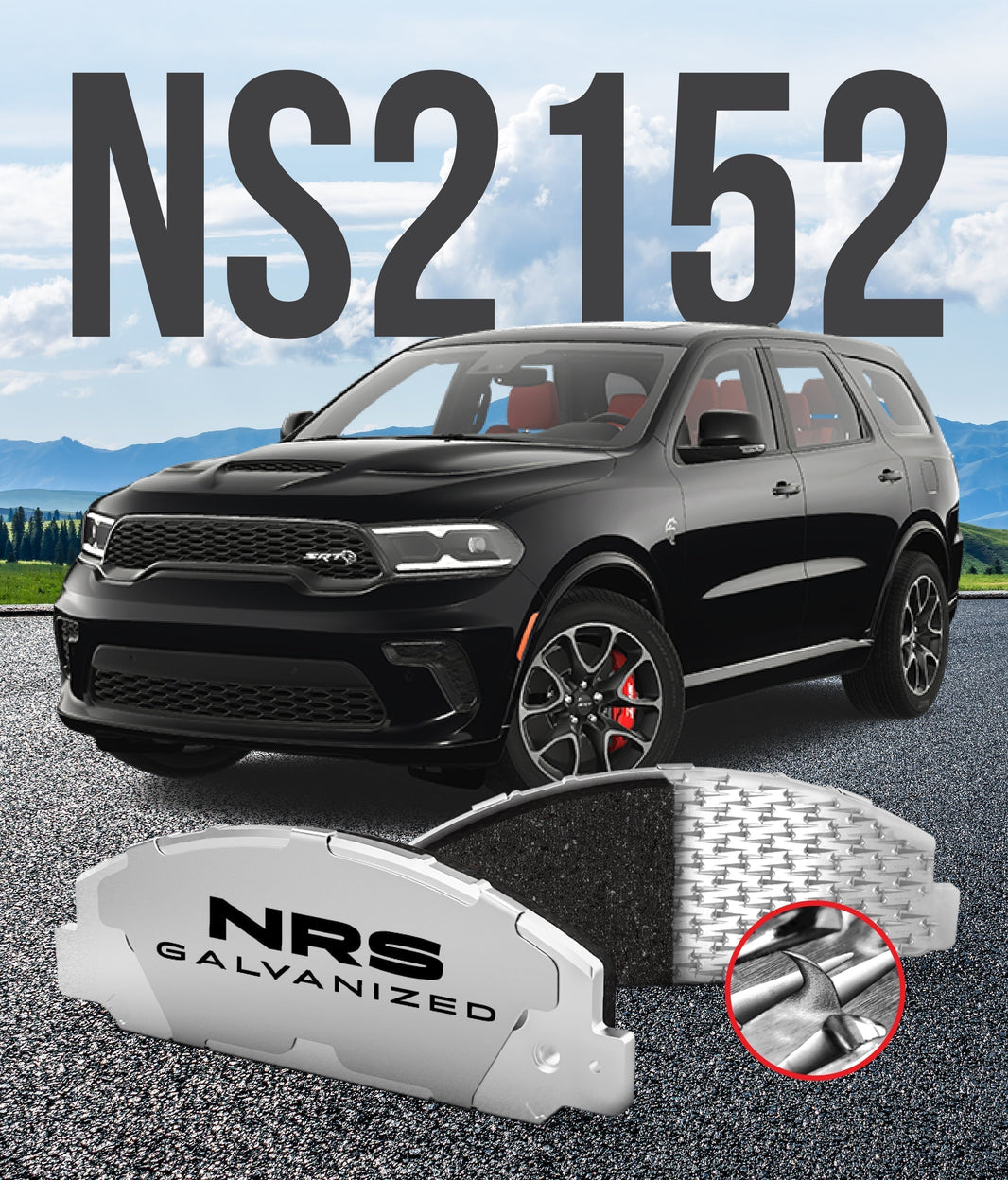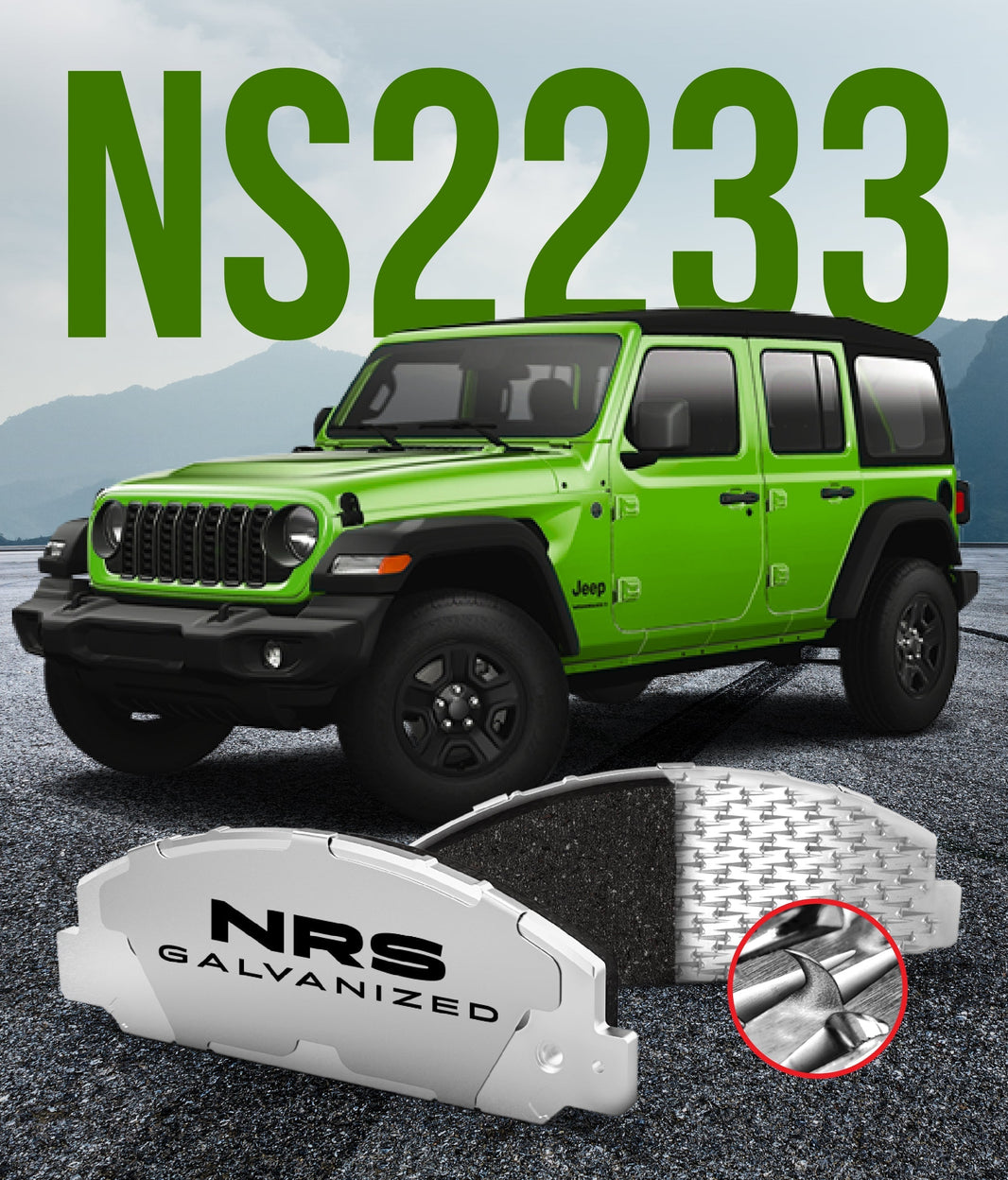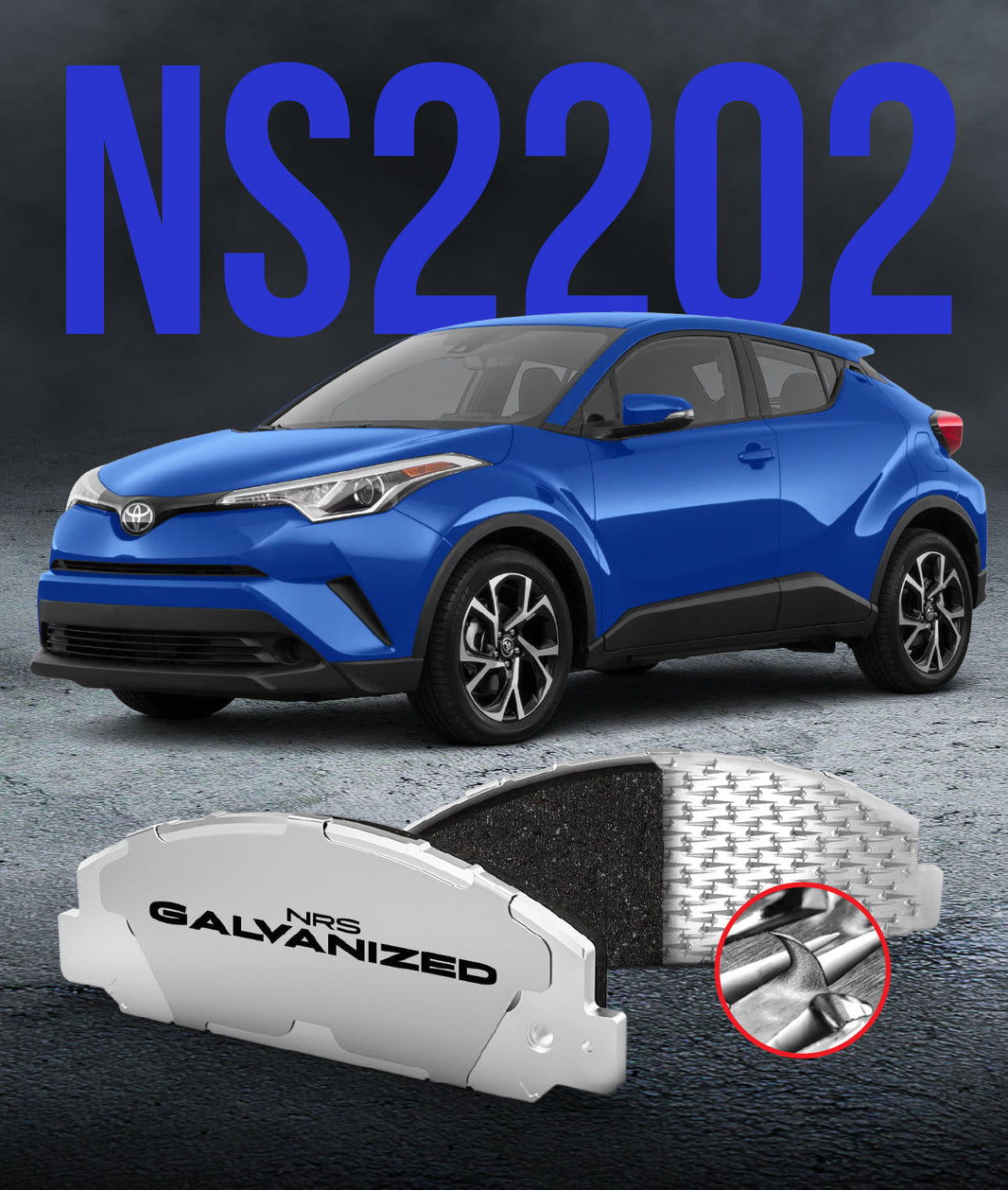
An electric vehicle uses regenerative brakes that help slow down the vehicle even if you don’t step on the brake pedal. Regenerative brakes are a huge advantage for an electric vehicle because they convert kinetic energy into electrical energy to power its high voltage battery. They don’t consume too much energy like traditional brakes in petrol-powered vehicles.
Do you need to purchase new brake pads for your electric vehicle? If you have never purchased brake pads for an electric vehicle before, you must understand the difference between conventional and electric vehicle brake pads.
Understanding EV Brake Pads
Electric vehicles weigh more than standard petrol-powered vehicles because they have heavy batteries inside them. For this reason, the braking system in electric vehicles works differently than the braking system in petrol-powered vehicles.
When you step on the brake pedal in a conventional vehicle, the friction material on the brake pads rubs against spinning rotors on the wheels to slow down the vehicle. Each time this happens, it generates intense heat which gradually wears down the friction material of the brake pads.
In an electric vehicle with regenerative braking, the electric motor helps power the wheels to slow down the vehicle. Meanwhile, the motion of the vehicle is converted into electricity to assist in recharging a high-voltage car battery. This reduces the amount of strain and wear placed on the EV brake pads each time you step on the brake pedal.
EV brake pads can last longer than conventional brake pads under the right driving conditions because of all the brake power assistance from the electric motor. However, you still have to worry about the driving conditions because EV brake pads are positioned closer to the roads. Because of this, they are more susceptible to corrosion from watery, dirty, or muddy road conditions.
No one can predict the weather. You could be driving along one day and suddenly it rains. With electric vehicles and NRS brake pads, you have less worries about brake pads getting corroded and rusted from the rainwater. If these conditions continue to persist, generally friction materials on the brake pads will begin to loosen and separate from the steel backing plate over time. Then you’ll have no choice but to replace them with new brake pads.
Galvanized Brake Pads are the Best
The good news is that one type of electric vehicle brake pads addresses this issue of corrosion and rust from bad weather conditions. They are called galvanized brake pads.
Galvanized brake pads are the best EV brake pads because they consist of zinc-plated steel construction and high-quality friction materials which last as long as the brake pads themselves. These brake pads exceed OEM standards because the galvanized steel backing plate is resistant to rust and corrosion.
Why not try the galvanized brake pads from NRS Brakes? We offer premium-quality EV brake pads that are environmentally friendly, dust-free, copper-free, noise-free, and long-lasting. The best part is that friction material on the brake pads won’t deteriorate, even when slowing down the much heavier electric vehicles.
Learn More About Our NRS Brake Pads
NRS brake pads possess all the qualities needed for slowing down and stopping an electric vehicle. We used a patented mechanical fusion process to affix the friction material onto the galvanized steel backing plate. And because its galvanized, there is virtually little chance of the friction material separating from the plate when exposed to dirt and watery road conditions.
Contact us today at 1-877-677-2725 or email us at info@nrsbrakes.com for more information.




